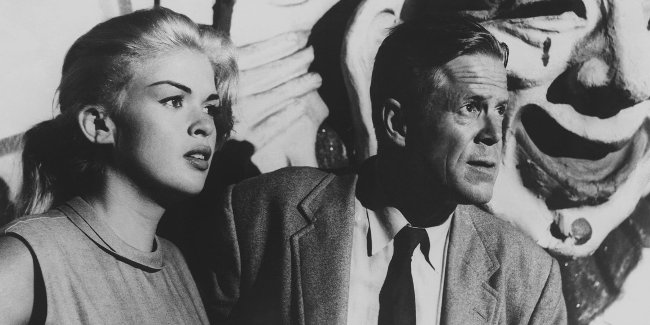screenshot of spudoogle twitter video thumbnail -- with one small correction

Have been enjoying Spudoogle's twitter account recently but still have a problem with the way the SVS (Silicon Valley scum) appropriated GIFs to their commercial platforms. It's like in the movie Barton Fink where the cigar-smoking producer tells the East Coast populist playwright he wants "movies with that 'Barton Fink' feeling," then later says "get out of my office, I can get 100 writers who can give me that 'Barton Fink' feeling."
One imagines an SVS getting a neck massage and saying, "we need something like those GIF things the kids are exchanging." And then the tech slaves come up with a typical, locked-in proprietary video format with the word "GIF" superimposed. 100 guys can give them that animated GIF feeling.
It's not spudoogle's fault, he accepts conditions the way they are and rolls with the shoddy resizing, rounded edges, and fake labeling. That's twitter's price for providing an audience for your GIFs.



